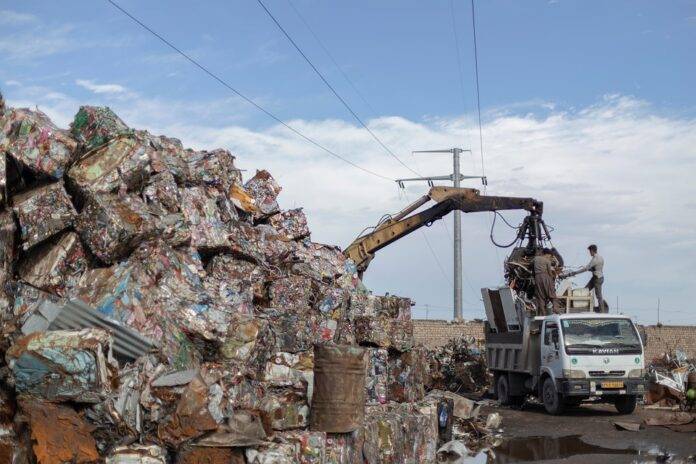Legal Compliance and Equipment for Regulated Food Waste Disposal
Introduction
In recent years, there has been a growing focus on sustainability and environmental responsibility in the food industry. As a result, regulations regarding food waste disposal have become more stringent, requiring businesses to comply with specific guidelines to ensure proper waste management. This report will explore the legal compliance requirements and equipment needed for regulated food waste disposal.
Legal Compliance
When it comes to food waste disposal, businesses must adhere to various laws and regulations set forth by local, state, and federal governments. These regulations are in place to protect the environment, public health, and safety. Failure to comply with these regulations can result in fines, penalties, and even legal action.
One key legal requirement for food waste disposal is proper documentation. Businesses must keep detailed records of their waste disposal practices, including the types and volumes of waste produced, how it is handled, and where it is disposed of. This information may need to be reported to regulatory agencies on a regular basis.
Another important aspect of legal compliance is ensuring that food waste is disposed of in an environmentally responsible manner. This may involve separating organic waste from other types of waste, composting food scraps, or using specialized equipment for waste processing. Businesses may also be required to work with licensed waste management companies to ensure that their waste is disposed of properly.
Equipment for Regulated Food Waste Disposal
To comply with regulations and ensure proper food waste disposal, businesses may need to invest in specific equipment. One common piece of equipment used for food waste disposal is a commercial food waste disposer. These machines are designed to grind up food waste into small particles that can be safely disposed of in the sewer system. Food waste disposers can help businesses reduce the volume of waste they produce and minimize the risk of contamination.
Another type of equipment that may be used for regulated food waste disposal is a composting system. Composting allows businesses to turn organic waste into nutrient-rich soil that can be used for landscaping or gardening. Composting can be a cost-effective and environmentally friendly way to manage food waste, but businesses must follow specific guidelines to ensure that the compost is safe and free of contaminants.
In addition to food waste disposers and composting systems, businesses may also need to invest in waste separation equipment. This can include bins, containers, and sorting systems to help separate different types of waste for proper disposal. By separating food waste from other types of waste, businesses can reduce the risk of contamination and ensure that their waste is disposed of in compliance with regulations.
Industry Insights
The food waste disposal industry is a rapidly growing sector, driven by increasing awareness of environmental issues and sustainability. According to a report by Grand View Research, the global food waste management market is expected to reach $42.97 billion by 2025, with a compound annual growth rate of 5.2%.
In response to this growing market, many companies are developing innovative solutions for food waste disposal, including new technologies and equipment. For example, some companies are creating mobile apps that connect businesses with waste management services, making it easier to track and manage food waste. Other companies are developing advanced composting systems that can process large volumes of organic waste quickly and efficiently.
Overall, the food waste disposal industry is facing increasing pressure to comply with regulations and adopt more sustainable practices. By investing in the right equipment and staying up to date on legal requirements, businesses can ensure that they are operating in a responsible and environmentally friendly manner.
In conclusion, legal compliance and equipment are essential aspects of regulated food waste disposal. Businesses must adhere to strict regulations and invest in the right equipment to ensure that their waste is disposed of properly. By staying informed and proactive, businesses can minimize their environmental impact and contribute to a more sustainable future.




